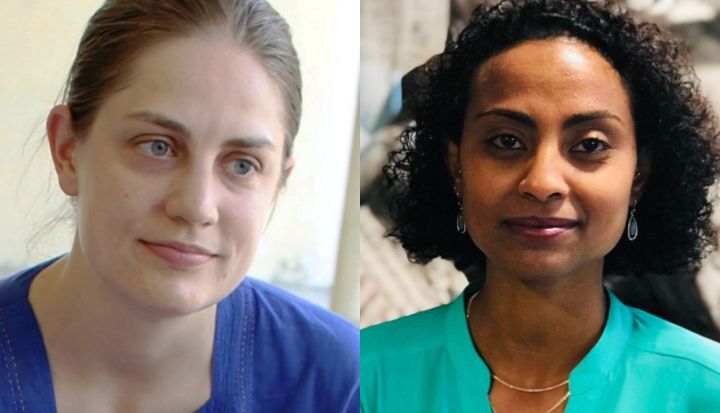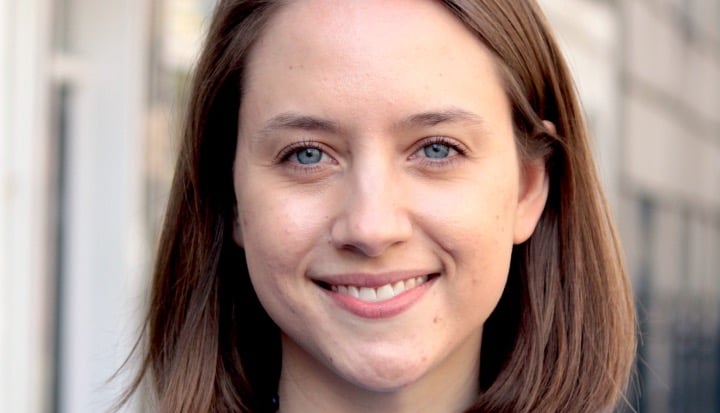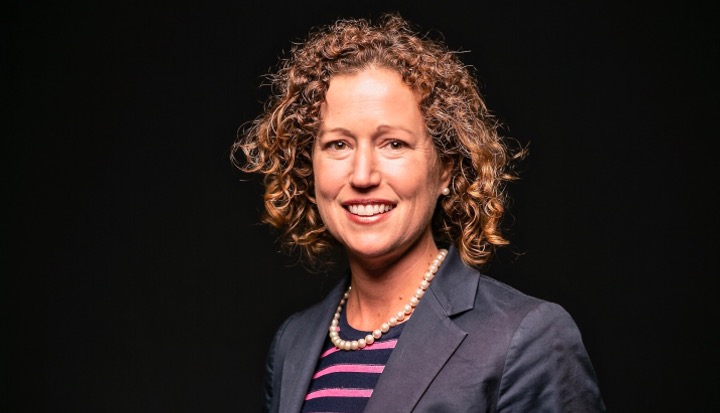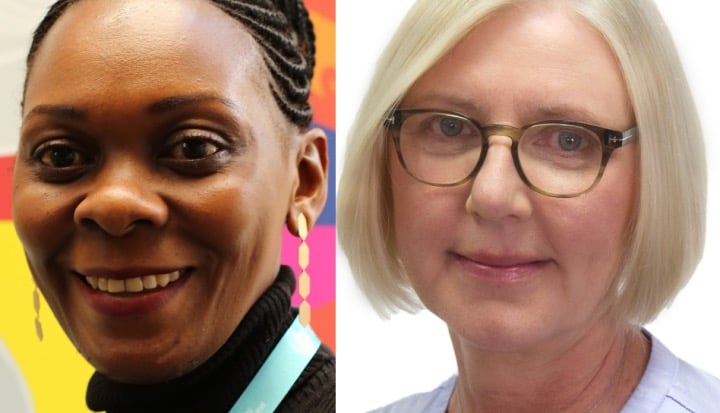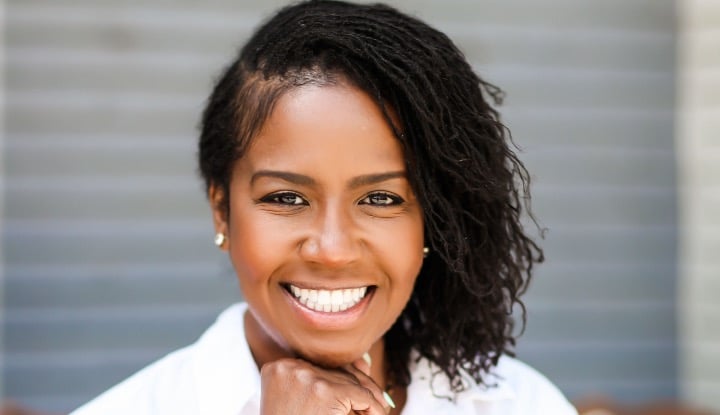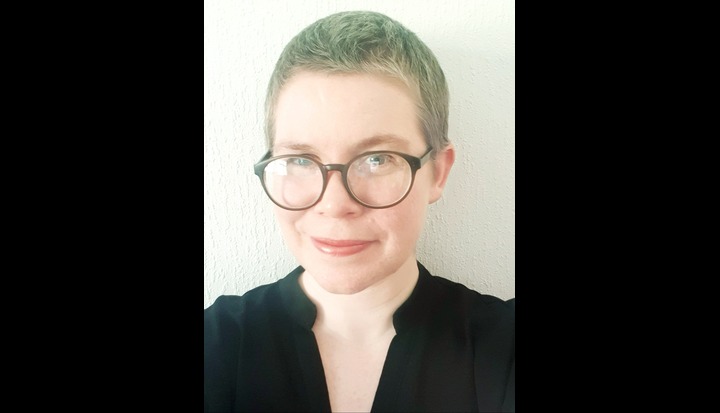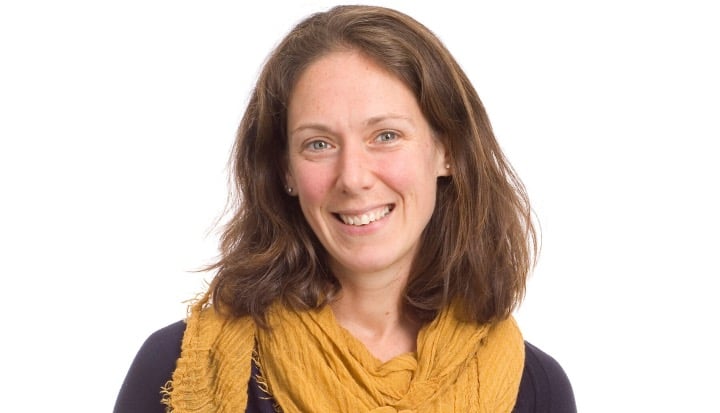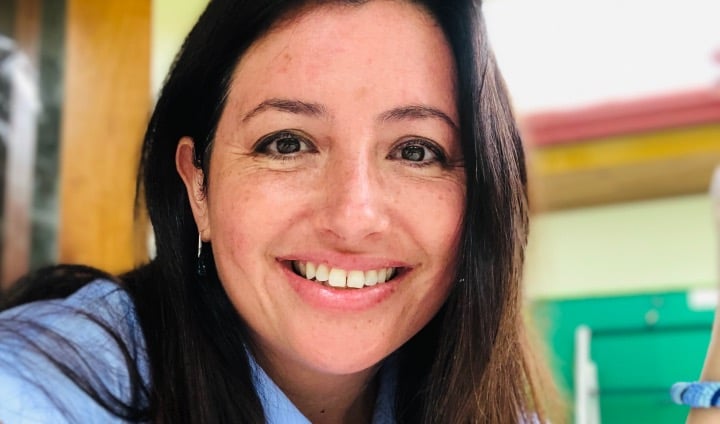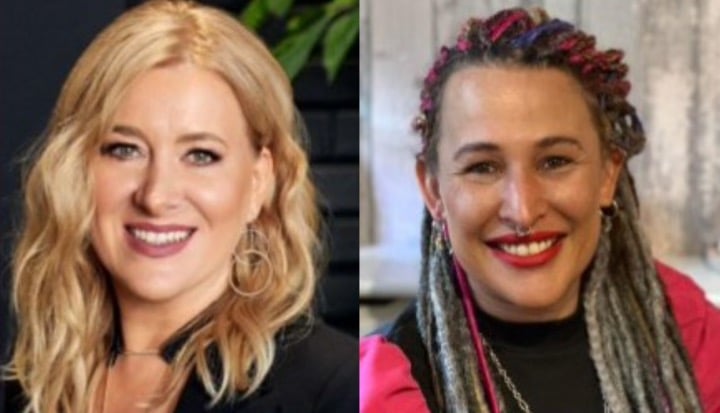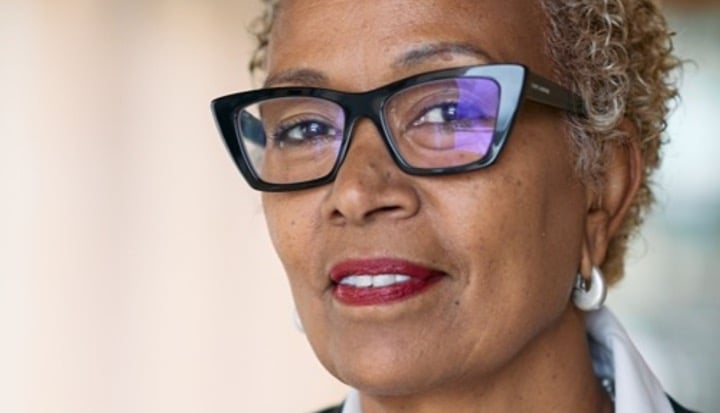BFP: What do you do?
 MF: I work for the Global Alliance for Improved Nutrition (GAIN) in the Office of Investment and Partnership. GAIN was established in 2002 at a special session of the UN General Assembly on Children to address global malnutrition. Recently granted special status as an international organization, GAIN supports public-private partnerships to increase access to the missing nutrients in diets necessary for people, communities and economies to be stronger and healthier. GAIN invests in and works alongside more than 600 companies across 36 large-scale collaborations in more than 30 countries, already reaching more than 530 million people with nutritionally enhanced food products with the goal of reaching more than 1 billion people.
MF: I work for the Global Alliance for Improved Nutrition (GAIN) in the Office of Investment and Partnership. GAIN was established in 2002 at a special session of the UN General Assembly on Children to address global malnutrition. Recently granted special status as an international organization, GAIN supports public-private partnerships to increase access to the missing nutrients in diets necessary for people, communities and economies to be stronger and healthier. GAIN invests in and works alongside more than 600 companies across 36 large-scale collaborations in more than 30 countries, already reaching more than 530 million people with nutritionally enhanced food products with the goal of reaching more than 1 billion people.
My primary responsibility is to help drive public–private partnerships to achieve sustainable impact in reducing undernutrition. I help to align donor priorities with the core business interests of national and multinational companies to extend the reach and impact of development programs.
BFP: What is the best part about your job?
MF: The thing that I enjoy most about my job is the opportunity to be creative. Successful partnerships require a real alignment of interests, and often times you need to think outside the box to find that intersection.
BFP: What has been your greatest challenge?
MF: My biggest challenge has been maintaining momentum on partnership discussions. Most of the partnerships I’ve worked on, both during my time at USAID and now with GAIN, have required significant senior level buy-in. Even in nimble organizations that buy-in can take time – for governments and large corporations it can take much longer. Each partner works on a different timeline and it is important to manage expectations and keep all parties enthusiastic about the partnership.
BFP: What advice can you give others facing a similar challenge?
MF: The best advice that I can offer is to really take the time to understand the needs, expectations and fears of your partners. Look to find ways to elevate the conversation beyond the operational issues to the level of objectives. Once partners find common ground on the what, it’s much easier to get them focused on the how.
BFP: If someone wants to do what you do, where should they start?
MF: I think the first thing to do is start talking with stakeholders from each of the different communities. International development has become even more complex because of the diversity of new actors and each speaks their own unique language. To be able to draw these linkages, you have to act as a translator. Just as in learning a new language, immersion is the best method. That’s why Business Fights Poverty is such a great tool – it facilitates connections with other stakeholder groups that you might not otherwise have the opportunity to meet with.
BFP: Finally, what do you hope to get out of being part of this community?
MF: I hope to learn from experts across all different fields and to find new creative ways to link our work together. This is a tremendous moment in development – an opportunity to align new resources and new technologies like never before. I’m excited to be a part of it.
Thank you to Matt Freeman for taking the time to do this interview. For more information about GAIN, check out these resources:
- 2 billion people around the world suffer from undernutrition – how can business help?
- About GAIN (one-pager)
- GAIN website
We’re always looking out for members to feature. Help us by taking two-minutes to update your profile, or by nominating someone for Business Fights Poverty Member of the Week.
This Member of the Week interview was conducted by Hester le Roux, BFP Member Relations Manager. Read previous Member of the Week interviews here.

